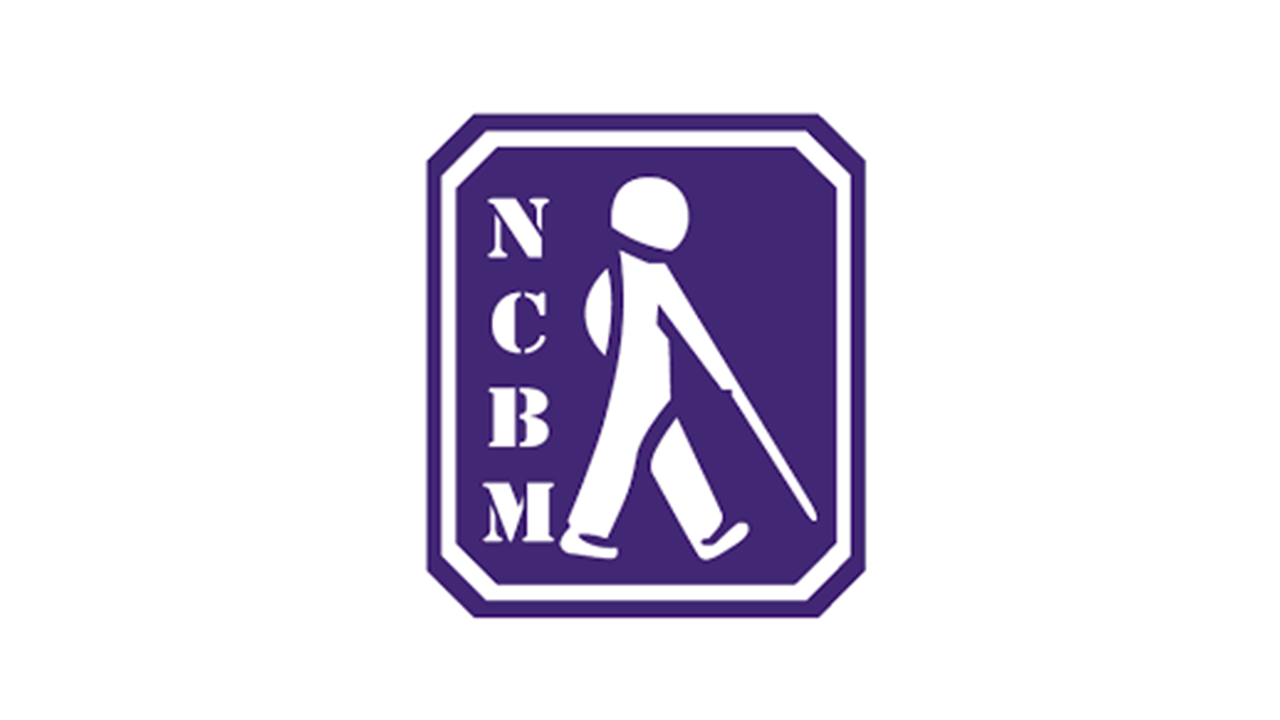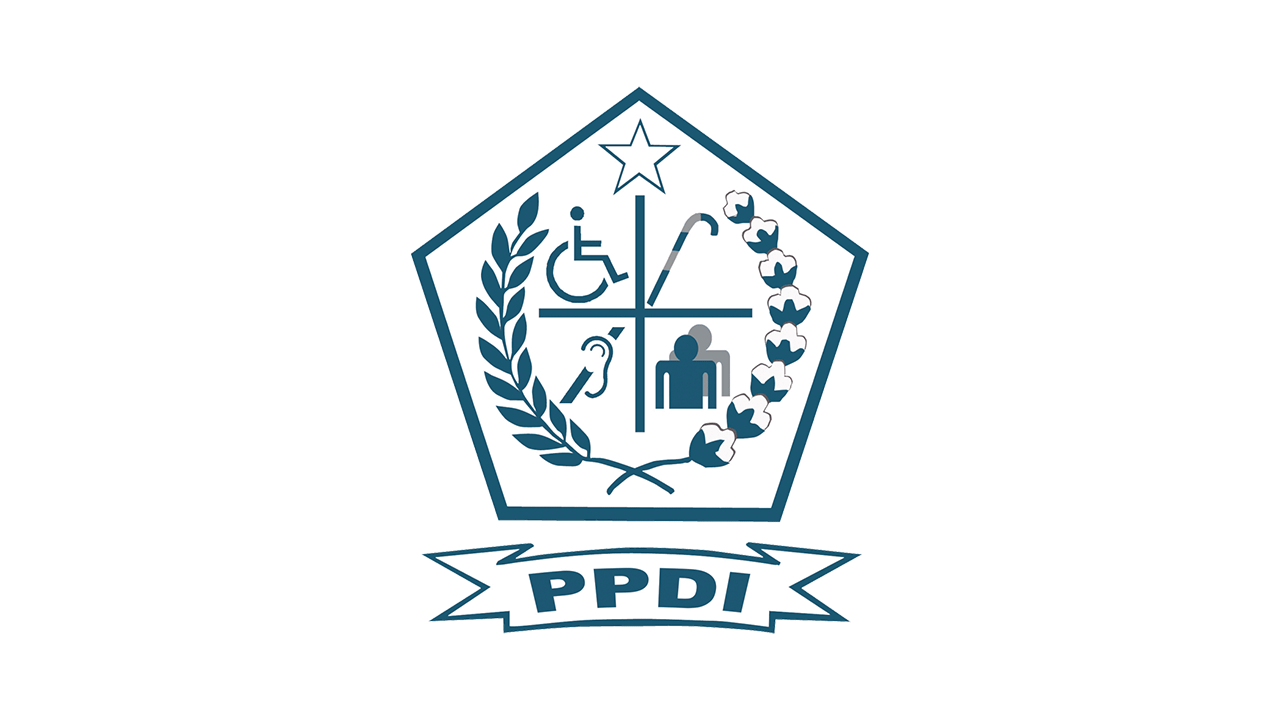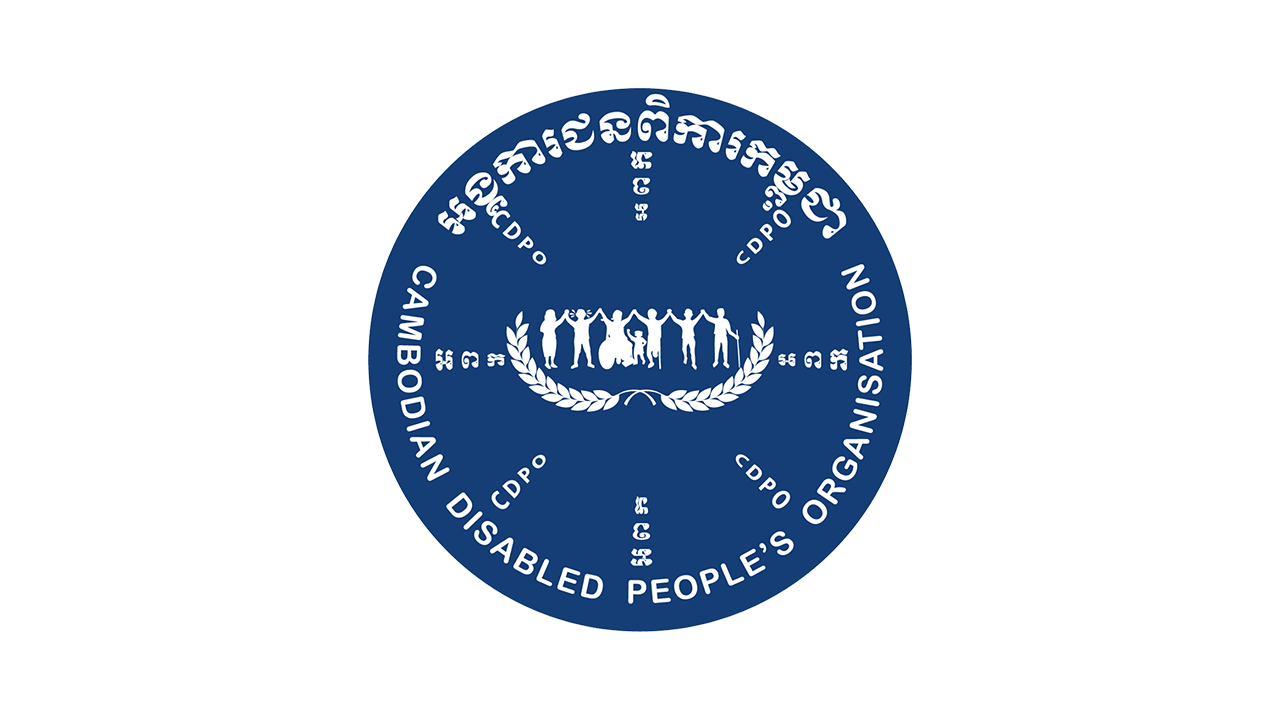By: Dipo Siahaan, IFES
The General Election Network for Disability Access (AGENDA) held an interactive discussion on the political rights of persons with disabilities at the American cultural center known as @america at Pacific Place Mall, Jakarta Indonesia on Monday July 9, 2012.
At the discussion, Ms. Sinta Nuriyah Wahid, the wife of former Indonesian President, Abdurrahman Wahid (also known as Gus Dur), spoke together with Ms. Ida Budhiati, a commissioner from the Indonesian Electoral Management Body (Komisi Pemilihan Umum/KPU) and Mr. Heppy Sebayang, the Program Manager of PPUA Penca (Center for Electoral Access for Citizens With Disability).
Ms. Nuriyah explained that the political rights of persons with disabilities are often neglected. She noted that is often difficult for people with disabilities to become a political candidate. While the election law does not prevent people with disabilities running for office, requirements for candidates to be physically and mentally healthy are in practice an impediment. This occurred when her husband, the late Gus Dur, was nominated as a presidential candidate. In addition, Ms. Nuriyah noted that people with disabilities face many problems on polling day as their special needs are often not accommodated by polling officials.
Mr. Heppy Sebayang added that Indonesia already has a developed regulatory system protecting the rights of people with disabilities in elections. There are laws mandating the election commission to provide braille templates in polling stations, to guarantee polling stations accessibility for wheelchair users and to provide assistance for persons with specific needs. The issue, however, is one of implementation of the regulations. Polling officers often do not have the required knowledge or resources to accommodate people with disabilities.
IMs. Ida Budhiati admitted that the lack of data on disabilities represented the main challenge for the KPU in making sure their political rights are respected in the elections. With accurate data, the KPU can deliver proper aids to specific polling stations. Better data also helps in determining the location of polling stations, as well as the type of training the polling station officers must have to accommodate the needs of people with disabilities.
In the ensuing question and answer session, participants called on the KPU to increase mainstreaming of disability rights in election management, including by having more people with disabilities work in the KPU as well as serving as polling station officers. Participants also expressed their appreciation towards AGENDA for advocating for and promoting the rights of people with disabilities to participate in elections.
The discussion was hosted by AGENDA, a consortium of disabled peoples’ organization (DPOs) and civil society organizations (CSOs) in Southeast Asia, in cooperation with @america. The @america center is a high-tech, interactive cultural center based in a mall in Jakarta that uses the latest technology to showcase American culture and ideas. The whole session was recorded and is available in Bahasa Indonesia at here.










